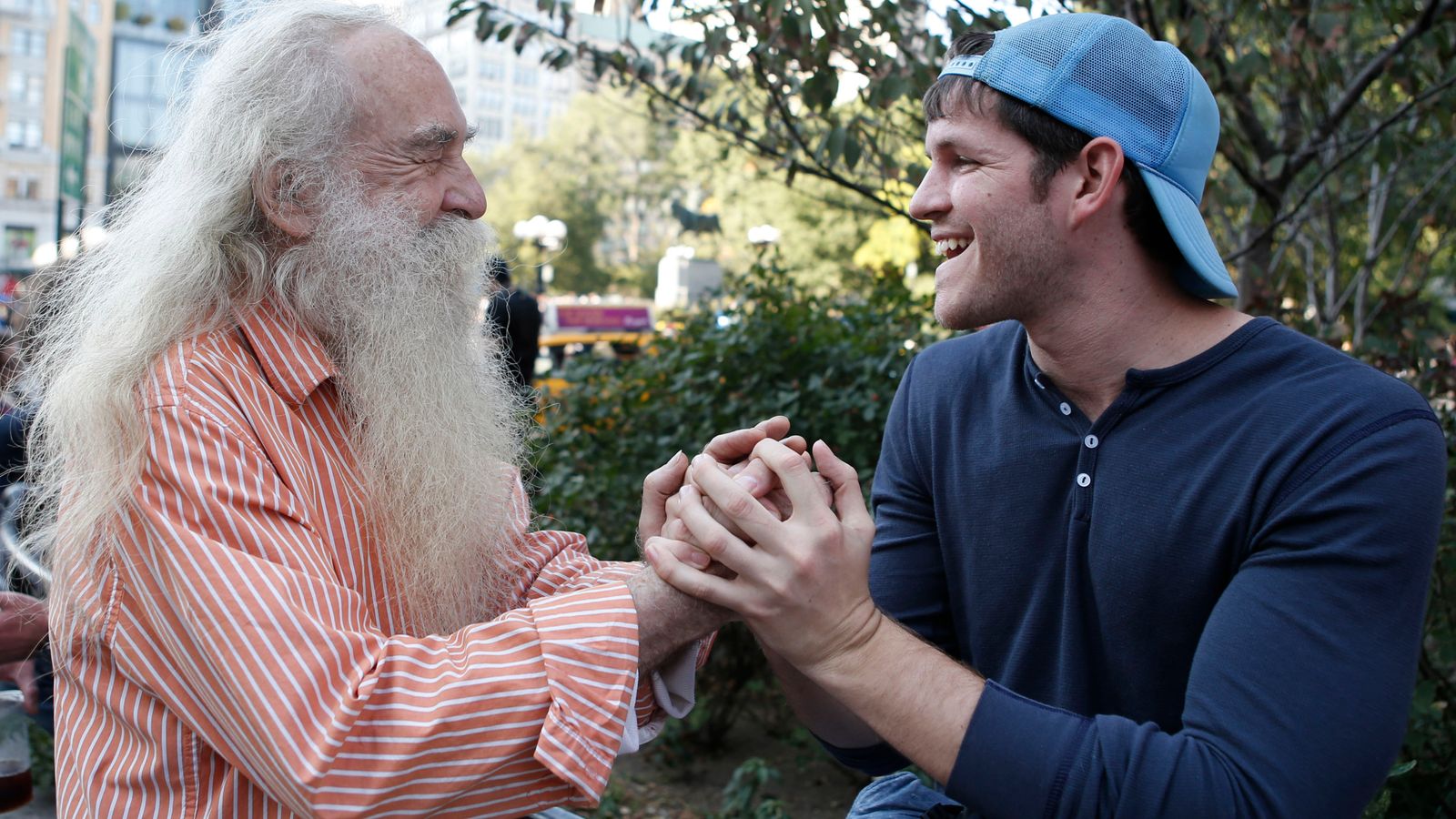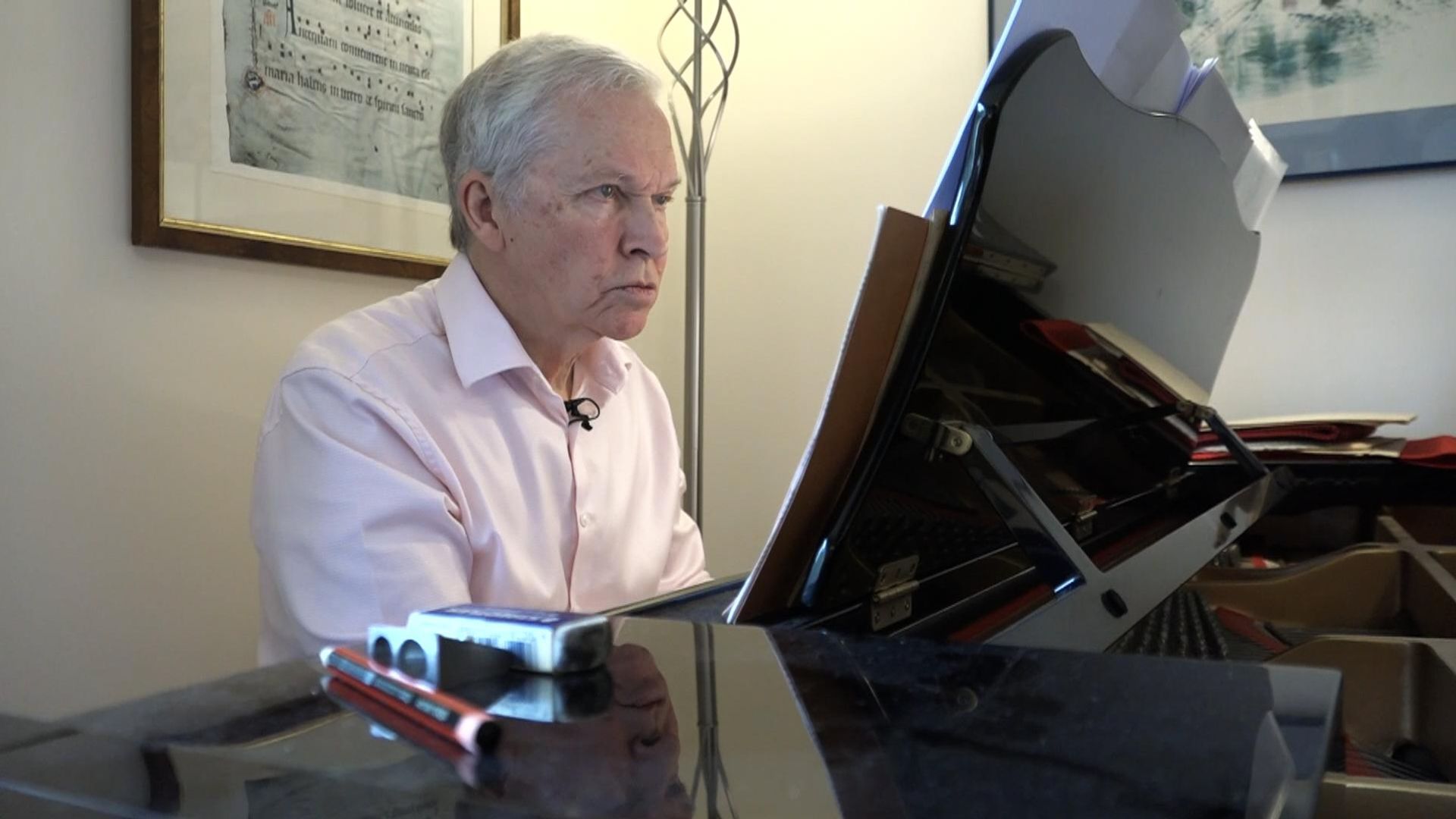A treatment for patients with incurable breast cancer has been rejected for use on the NHS.
The National Institute for Health and Care Excellence (NICE) has not recommended trastuzumab deruxtecan for people with HER2-low breast cancer.
It says that although it would be a “potentially significant development”, there were “uncertainties” in the information provided by the manufacturer Daiichi Sankyo.
As a result, the “cost-effectiveness estimates were too high for it to be recommended for use in the NHS”.
HER2-low or metastatic breast cancer is when the disease cannot be removed from the breast or has spread to another part of the body.
Patients tend to be offered HER2-negative treatments, usually chemotherapy, but they could also benefit from HER2-low targeted treatments after to slow the disease from worsening.
About 1,000 patients a year in England would benefit from the drug, which is also known as Enhertu.
It is already given to HER2-positive breast cancer patients on the NHS.
However, NICE said it would need more information from the manufacturer before it can consider widening its scope.
‘Devastating’ for patients
Baroness Delyth Morgan, chief executive at Breast Cancer Now, described the decision as “devastating”.
“This will deny certain patients living with incurable secondary breast cancer of the hope that trastuzumab deruxtecan could bring them, of both more time to live and more time before their disease progresses,” she said.
“We urge NICE and Daiichi Sankyo to work together to explore all possible solutions to ensure this provisional decision is reversed without delay.”
Helen Crawford, patient advocate from METUPUK, a patient group dedicated to metastatic breast cancer, added: “We have been given this hope for so long that HER2-low treatments for metastatic breast cancer were in development and coming.
“I work, I’m a parent and I contribute to society. Why shouldn’t I and the many other women each year who would fall into this category not be worth the cost for the new drug?
“Enhertu is already approved on the NHS for a different type of metastatic breast cancer so why not for us? Approval of this drug means patients will gain extra time to spend with their loved ones.”
Read more from Sky News:
Cancer rates growing by 79% in the young
More than 1m lives saved from cancer in 40 years
Seven-minute cancer jab to be rolled out in England
Helen Knight, director of medicines evaluation at NICE, said: “Clinical trial evidence shows that trastuzumab deruxtecan increases how long people live and how long they have before their cancer gets worse compared with chemotherapy treatments used for HER2 negative breast cancer.
“However, because there were a number of uncertainties in the company’s economic model, this meant that even when taking into consideration the condition’s severity and its effect on quality and length of life, the cost-effectiveness estimates were too high for it to be recommended for use in the NHS.
“The committee has identified a number of areas for clarification by the company before its next meeting and NICE will work with the company to address these.”








